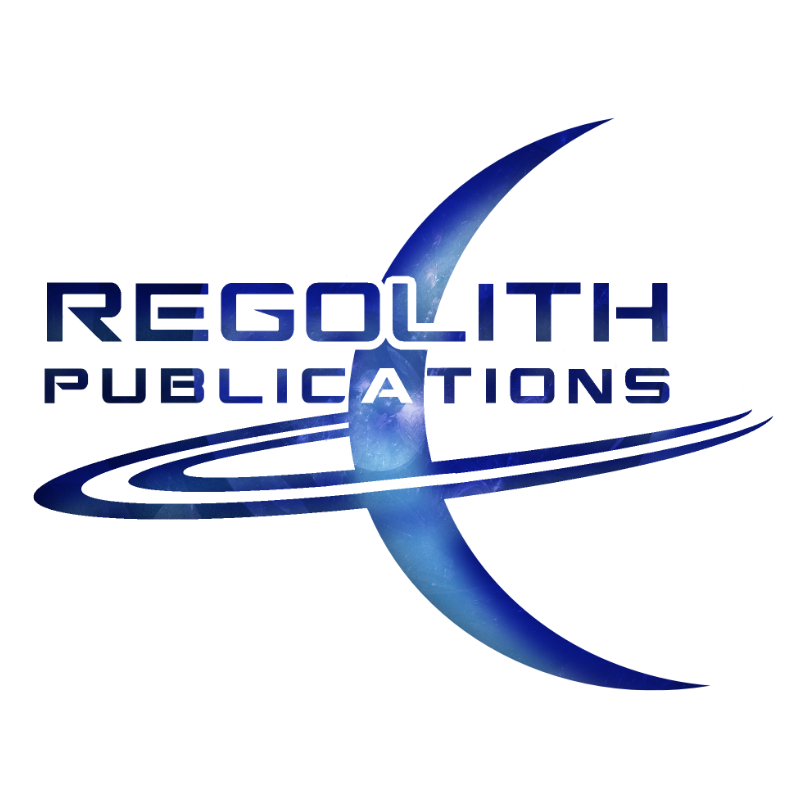|
Although these are just my own personal opinions, here are five things I think writers need to stop doing because it's just bad form and / or is just obnoxious.
1. Stop putting a double-space after a period! Until the 20th century, publishing houses and printers in many countries used additional space between sentences. Then, with the introduction of the typewriter in the late 19th century, typists used two spaces between sentences to mimic the style used by traditional typesetters. However, wide sentence spacing was phased out in the printing industry in the mid-twentieth century and single spacing has been the professional standard used since the 1940s in both America and European English speaking countries. Perhaps the reason that double spacing persists today is that the practice of double spacing was continued on typewriters and later on computers, and many continue to do so because this is the way they were taught -- as was I -- and breaking old habits is hard. Still, it's a practice that has fallen out of use at it is completely unnecessary and has been rendered obsolete by the modern processor. Also, since it's both unnecessary and informal, as it doesn't conform to the industry standard, it's best to ditch this old habit. 2. Stop moving the Table of Contents to the back! Alright, so even I admit the reason people do this makes sense. In the modern age of digital eBooks and the infamous "Look inside the cover" preview, many people have opted to move the table of contents of their book to the back end of the book so that it doesn't eat into the percentage of pages generated by the automatic preview. What this means, exactly, is that by having the table of contents placed at the back there are more pages up front to preview. Subsequently, the buyer, who is looking at your book online, can see more text and more story in the preview, which may in turn compel them to purchase the book more than it would if that preview was cut short by an overly long table of contents. So, I get the practice -- but the practice is basically a cheat to try and get more sales. Whether or not it actually works in netting substantially greater sales remains to be seen. But is wanting *possibly greater sales enough of an excuse to sacrifice an entire formatting standard that's been in practice since the dawn of the printed book? I don't think so. Most style guides designate the table of contents front matter for a good reason. The reason, or reasons I should say, is that it aids in research and it also allows you to find the chapter of the book you want to re-read more quickly than thumbing through the entire text. Granted, in this day and age of digital eBooks, digital book marking, and automated save points, it is less of a big deal, but I would still recommend against breaking with tradition in this case. Of course, there are three strong reasons not to do it besides simple book printing nostalgia.
I would be remiss if I didn't at least say there's a whole other debate we can have on whether or not Amazon.com has a right to enforce formatting guidelines in this way, whether they have stepped over a line in terms of dictating what standards can and cannot be used, and whether there should be more flexibility in what we designate as front and back matter -- especially given the advent of the digital eBook and the nature of the technology and the content. These are all interesting topics we can get into another time, but for now -- just be aware that moving a book's table of contents to the back makes it more difficult for readers and is bad form and could possibly get your content removed. Three solid reasons, I think, simply not to do it. 3. Stop saying "you're not a real author if you self-publish." Not only is it discourteous, the line is total bullshit and amounts to little more than trash talk. The assumption that a self-published author is somehow not as talented, skilled, or popular as a so-called professional author with a contract is simply an erroneous assumption. Case in point, Andy Weir self-published his novel The Martian and sold it for .99 cents on Amazon where it became a top seller before it ever was sold in print. Weir's novel has since gone on to become an Academy Award nominated film starring Matt Damon and directed by the legendary science fiction director Ridley Scott and, in addition to this, landed him a sweet publishing deal with Crown Publishing Group. Weir's novel in no way made him less of a writer simply because he chose to self publish it. Saying "you're not a real author if you self-publish" is condescending, disrespectful, and needs to be kept to oneself. 4. Stop writing "How to write" and "How to self-publish" help books. The market is highly over-saturated with these sort of books already, and although it's a bit harsh to say, it's not likely you have anything to add that hasn't already been said. It also makes you look a little bit opportunistic, like your reaching for an easy cash grab. 3. For the love of God, stop the automated pop-up newsletter subscription boxes! Seriously. If I like what I read on your webpage / blog, I'll likely subscribe. If I see an interesting article you wrote and I click on it and the first thing that happens is a subscription form pops up locking me out of the page until I either fill out the form or close out of it just to get back to the article, for this annoying, needless, inconvenience I will never visit your website again. I'm sure there are others who feel the same way too. We don't want you throwing your stuff in our faces. In addition to it being rather annoying it seems a little too much like begging out of desperation. So my advice is just not to do it. If you want people to subscribe, make your subscription tab easy to find and user friendly. Stay classy! That's all that is required. 5. Stop freaking out every time you get a negative review! It goes without saying that some writers are more sensitive than others. Sometimes a negative review or a harsh criticism can send the writer over the edge into emotional despair. A writer who toiled for weeks, months, maybe even years working on their novel suddenly gets it ripped to shreds by some unsatisfied reviewer online. It's not always fair, but that's how it goes sometimes. My advice is to try and take everything in stride. I myself have received my fair share of negative reviews, and I too have freaked out on occasion, but the more it happens the more you'll find it's inevitable. There's no escaping it. Getting a one-star review and exacting criticism is just part of being a writer in the modern age where writer's work gets rated for the pleasure of online consumers. And the fact of the matter is, not everyone is always going to be a satisfied customer. That said, dwelling on the negative reviews, going online and reading all the poor reviews and getting worked up about them only adds stress to your life -- an unnecessary stress at that. It's not always easy to just let things slide, but for us writers it is probably best to let bygones be and forget about the naysayers. Well, there you have it folks! The top five things writers need to stop doing (according to moi).
0 Comments
Leave a Reply. |
Tristan VickBy day I am an educator and a cultural ambassador. By night I entertain notions of being a literary master. In reality I am just a family man and ordinary guy who works hard and loves writing just about as much as I love my family. Just about. AVAILABLE NOWNEWSLETTER
|



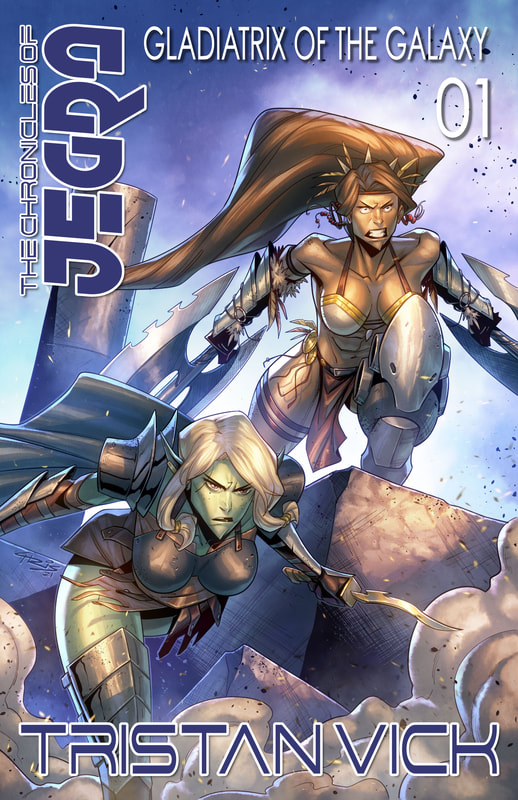
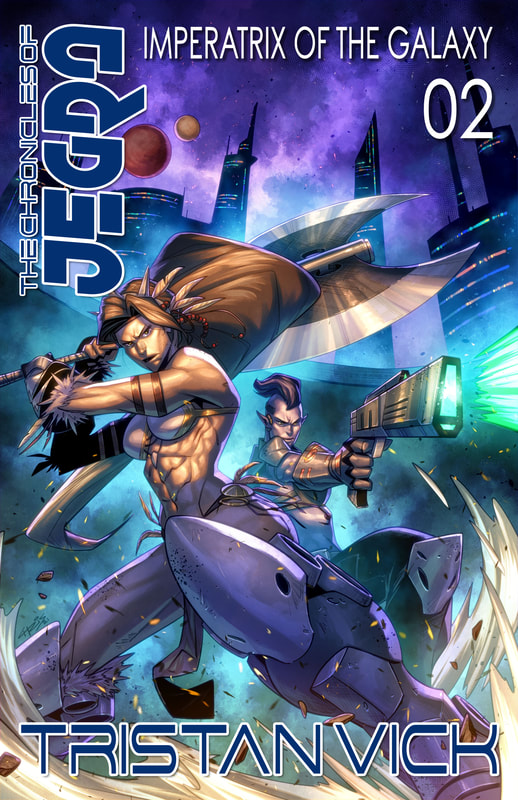
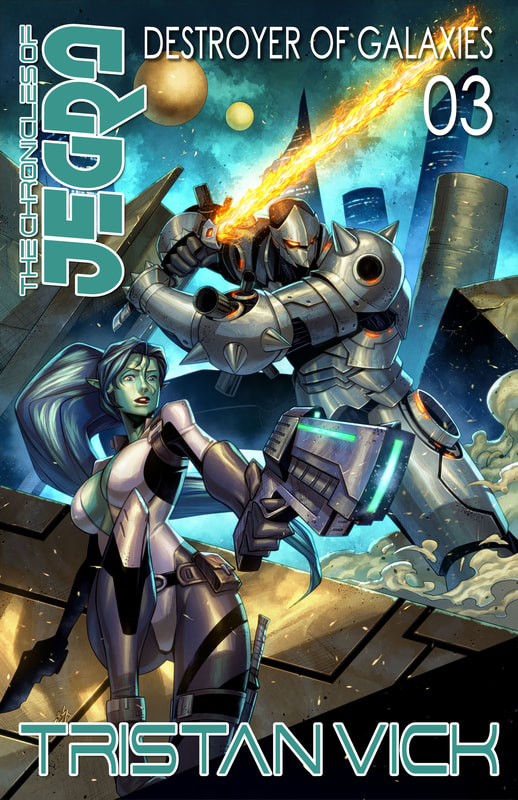
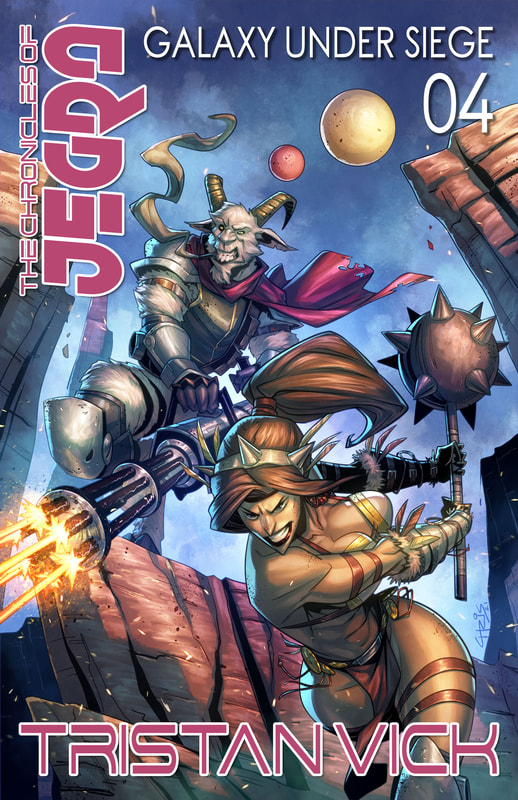
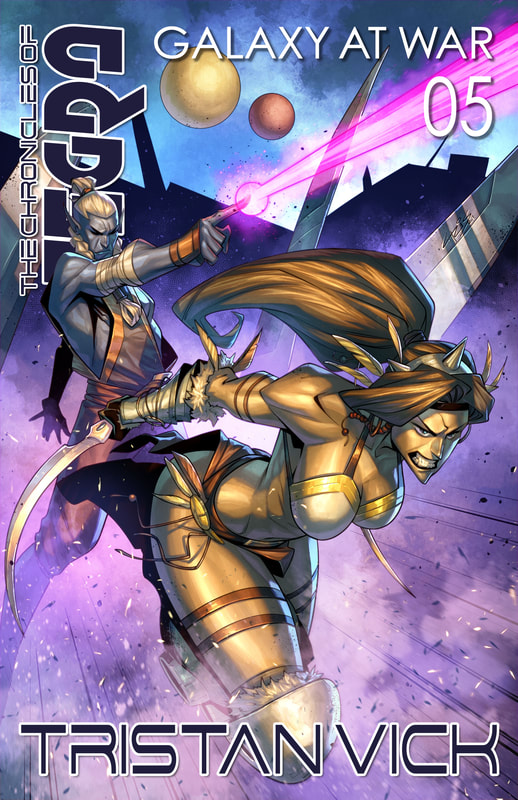
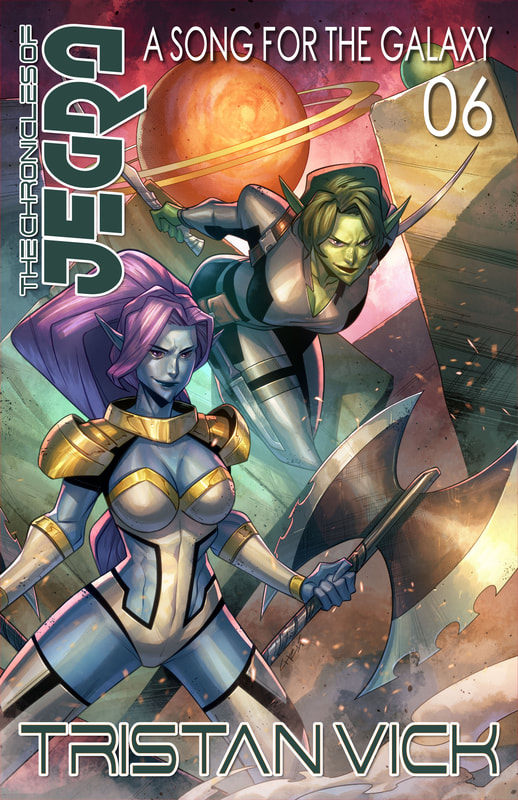
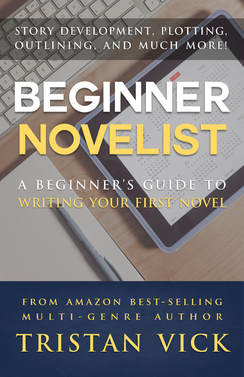
 RSS Feed
RSS Feed
